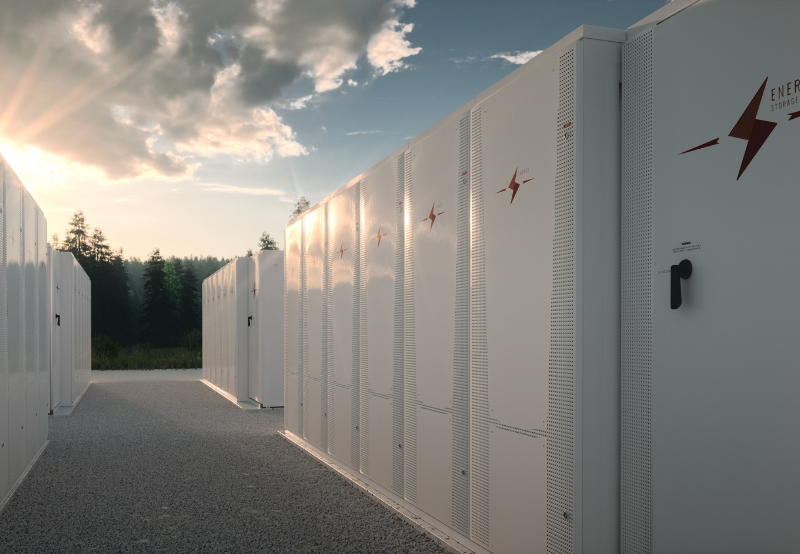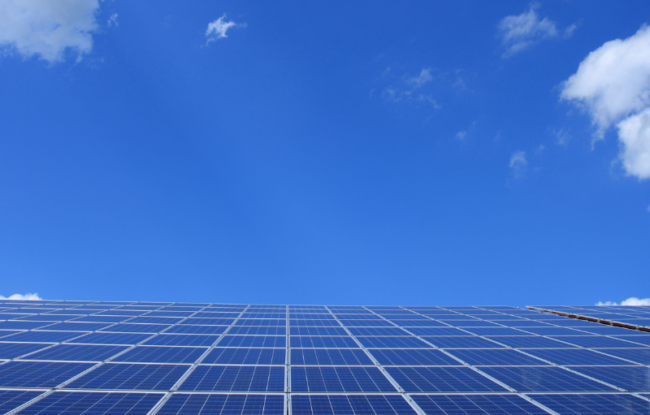Neoen, an independent renewable energy producer, has announced the financial close on its Capital Battery, a 100 MW / 200 MWh lithium-ion battery storage facility located next to the Queanbeyan substation near Canberra, Australia.
The battery project will be financed by a combination of equity provided by Neoen and senior debt facilities provided by the Clean Energy Finance Corporation (CEFC) and Infradebt.
The project construction commenced in December 2021 and is expected to start operating in the first half of 2023
Earlier this year, Neoen secured a 70 MW virtual battery contract for seven years with AGL Energy. The virtual battery allows large electricity users or retailers to mimic a grid-scale battery without building or owning one. This flexible solution allowed AGL Energy to hedge its customer’s load by virtually charging and discharging the 70 MW battery as and when it chooses.
Neoen expects to use its Capital Battery to deliver grid support services.
“Under the AEMO Integrated System Plan, more than 80% of electricity generation in the Australian National Electricity Market is expected to come from variable renewable energy by 2030. Grid-scale storage is key to making this work.,” said Alexander Austin, Infradebt CEO.
In addition to the Capital Battery, Neoen owns and operates the 300 MW / 450 MWh Victorian Big Battery near Geelong and the 150 MW / 193.5 MWh Hornsdale Power Reserve in South Australia. Neoen’s battery storage portfolio in Australia totals 576 MW in operation or under construction.
Recently, Qcells, a utility-scale solar developer, energy storage developer, and solar EPC provider, closed a $150 million funding to support the construction of the Cunningham Energy Storage Project and other projects in their pipeline. BNP Paribas Securities, Crédit Agricole CIB were the lead arrangers for the facility with BNP acting also as sole Administrative Agent.
According to Mercom’s 1H and Q2 2022 Funding and M&A Report for Storage, Grid & Efficiency, there were 16 announced Energy Storage project funding deals in 1H 2022, bringing in a combined $3.8 billion compared to $1.2 billion in six deals in 1H 2021.




